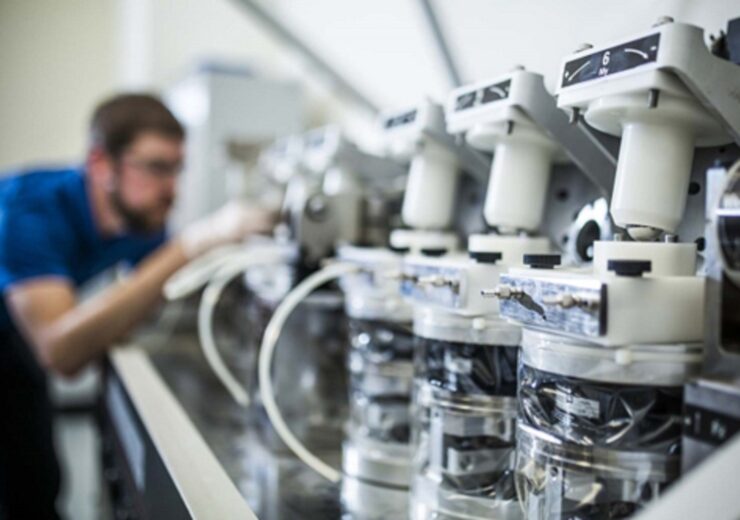The reforms will cover medical devices like hearing aids, x-ray machines and insulin pumps; new technologies such as smartphone apps and AI and cosmetic products like dermal fillers

UK government publishes new plans to tighten the regulation of medical devices for patient safety and encourage innovation. (Credit: vipra gen from Pixabay)
The UK government has published new plans to tighten the regulation of medical devices for patient safety and boost innovation.
The Medicines and Healthcare products Regulatory Agency (MHRA) now has a chance to enhance the regulation of medical devices and in vitro diagnostic medical devices (IVDs) in the UK following the UK’s exit from the European Union (EU).
The new reforms will cover medical devices like hearing aids, x-ray machines, and insulin pumps; new technologies such as smartphone apps and AI and cosmetic products like dermal fillers.
According to the new regulations, MHRA now has more powers to act to keep patients safe against high-risk medical devices.
The scope and extent of regulations can now respond to the public need to protect users of medical devices and certain cosmetic products and provide greater assurance of their performance and safety.
MHRA can now keep a check on health disparities and mitigate identified inequities throughout medical device development and use to ensure that the device is functioning as they are intended.
The UK government has also launched a review of equity issues in the design and use of medical devices to tackle health inequalities.
The new set of regulatory frameworks aims to encourage responsible innovations for the patients in the UK to access the most advanced medical devices to meet their needs.
The UK will now have its own new UKCA mark, a stamp of certification that will signify global safety, health, and environmental protection standards of medical device products.
UK Health and Social Care secretary Sajid Javid said: “Now we have left the EU, these new changes will allow innovation to thrive and ensure UK patients are among the first to benefit from technological breakthroughs.
“We are now able to introduce some of the most robust safety measures in the world for medical devices to ensure patients are protected.”
The regulations will be updated to reflect new and developing technology, such as software and artificial intelligence (AI), which are now used for screening and diagnosis, managing chronic illnesses, and creating new medicines.
